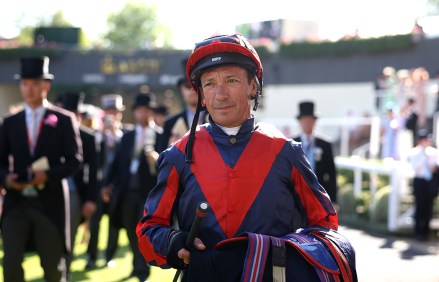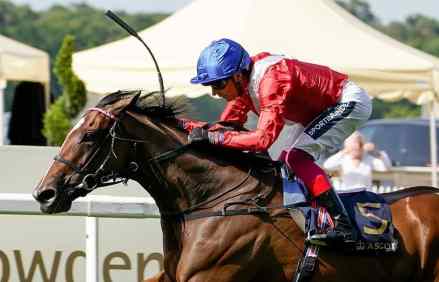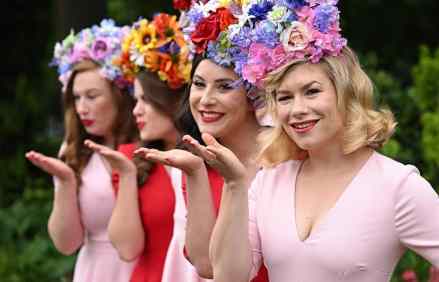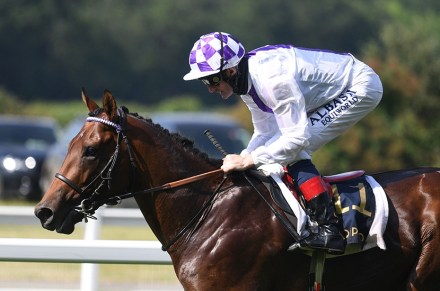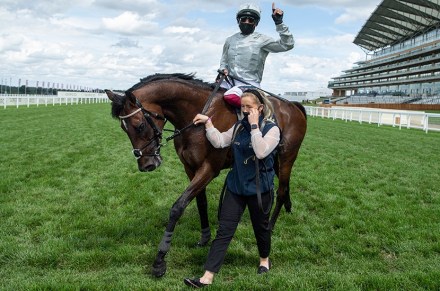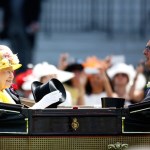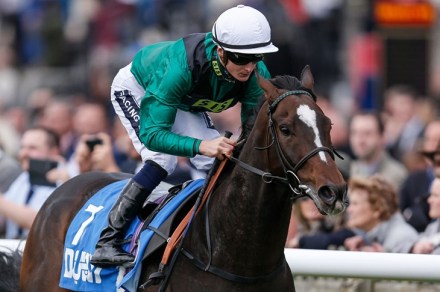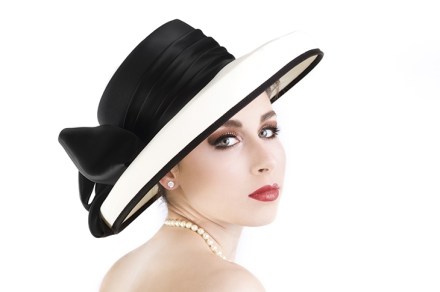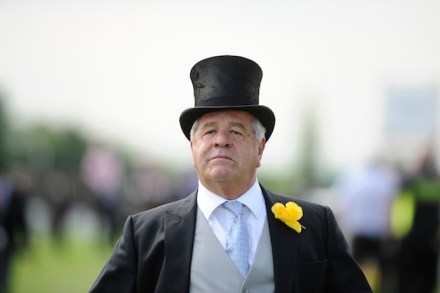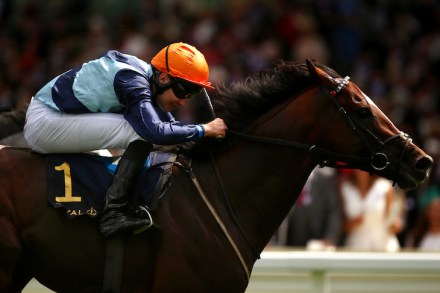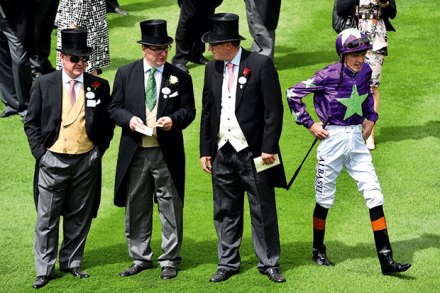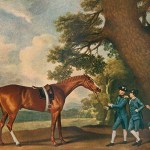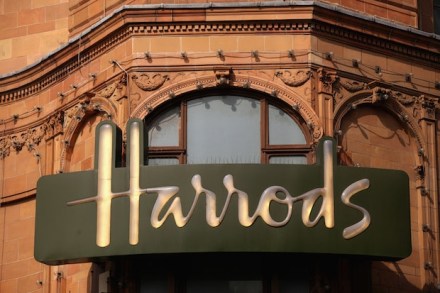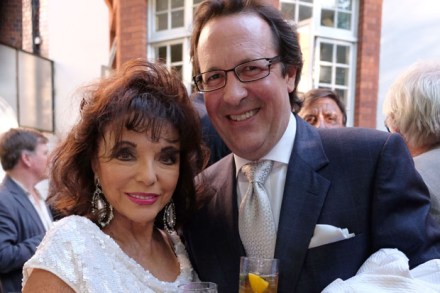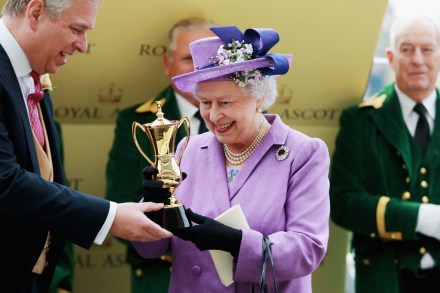Dear Mary: how do I stop our cousins’ dog peeing on the curtains?
Q. I have a friend whom I see quite often who keeps asking me if I will ‘get her invited’ for a weekend to the beautiful and luxurious country house of another friend. The country-house host is a long-standing friend and she barely knows the friend who wants to be invited. I wouldn’t dream of suggesting they invite her but am under constant pressure to do so. I am very fond of this first friend but am really embarrassed that she cannot see how pushy she is being and I don’t know how to get her to stop going on about this. What should I do? – F.G., Bath A. Next



